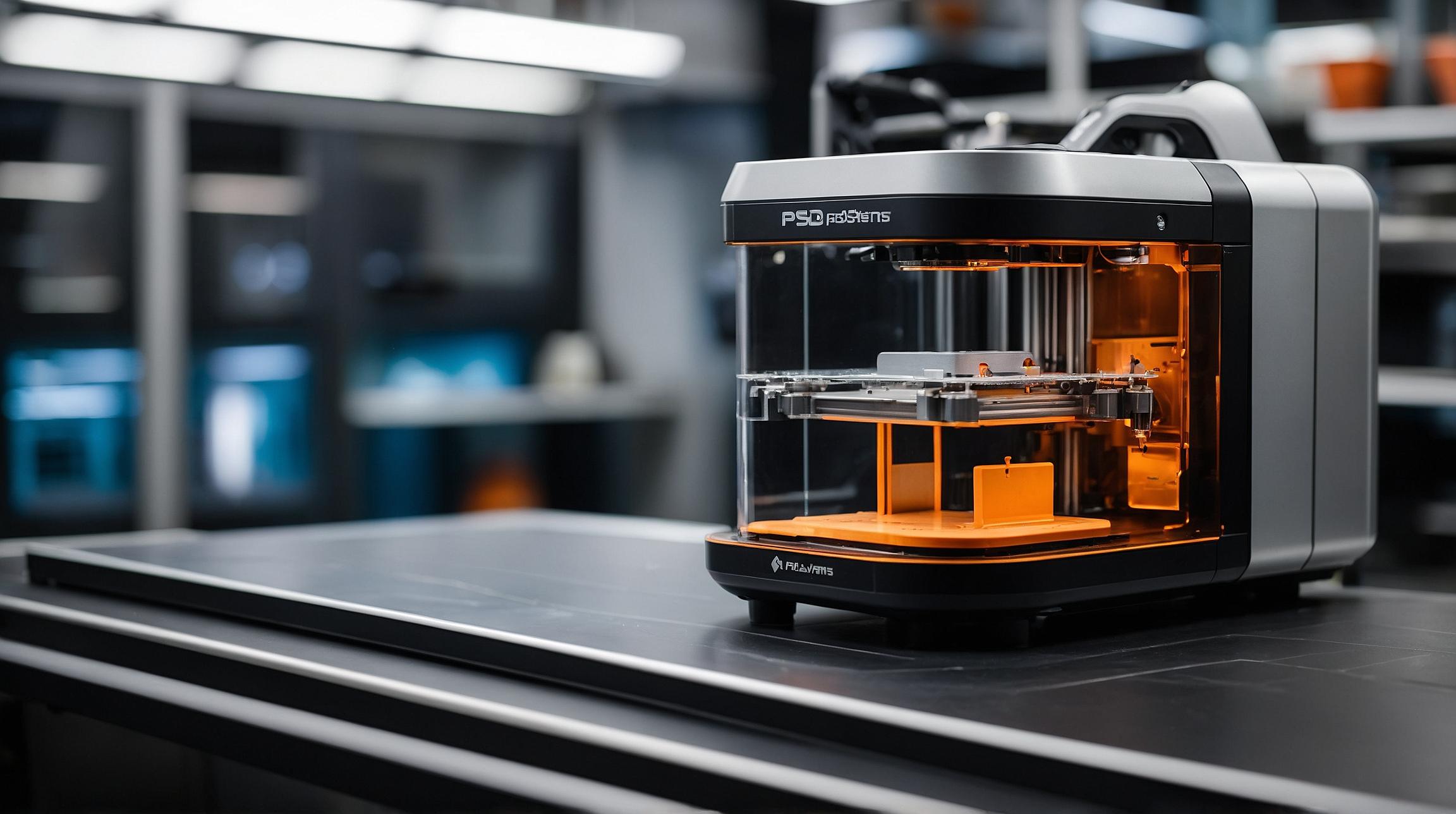Understanding Random Access Memory (RAM) and its Role in Gaming
When it comes to choosing a gaming device, one of the first factors that gamers consider is the RAM. But what exactly is RAM and why is it so important for gaming?
RAM, or Random Access Memory, is the primary memory of a computer or gaming device. It is responsible for storing applications and working data for quick access. Unlike a hard disk drive or solid-state drive, which provide permanent storage, RAM is volatile, meaning that all data stored in it is erased when the device is turned off.
Physically small and stored in microchips, RAM holds a smaller amount of data compared to other storage mediums. However, what sets it apart is its speed. RAM allows for quick access and retrieval of data, making it essential for gaming performance.
How to Check the Amount of RAM in Your Device
Before diving into the importance of RAM for gaming, it’s crucial to know how to check the amount of RAM in your device. The process may differ depending on your operating system.
If you’re using Windows, you can easily check your RAM by launching the Task Manager. Press “Ctrl + Shift + Esc” together or right-click on the Taskbar and click on Task Manager. In the Performance tab, you’ll find the total RAM under the Memory or Physical Memory section.
For Mac users, you can find the RAM information by opening the Apple menu and going to “About This Mac.” Next to Memory, you’ll see the amount of RAM your Mac has.
The Importance of RAM for Gaming Performance
RAM plays a crucial role in gaming performance. Any game, just like any other application, requires data to run. This data is typically stored on the device’s secondary storage, such as a hard drive or solid-state drive. However, accessing data directly from these storage mediums can be slow and inefficient.
To ensure smooth gameplay, the processor moves essential game data from the secondary storage to RAM for quick loading. With sufficient RAM, the device can store all the necessary data and provide fast access to it, resulting in improved gaming performance. Inadequate RAM, on the other hand, can lead to poor performance, lag, and slow loading times.
Determining the Ideal RAM Size for Gaming
The amount of RAM you need for gaming depends on various factors, including the number and intensity of the games you play. Games like Minecraft: Bedrock Edition or Assassin’s Creed 4: Black Flag may run smoothly on 4GB of RAM. However, if you’re into high-end games like PUBG or Red Dead Redemption 2, you’ll need a higher amount of RAM to ensure optimal performance.
As a baseline, 8GB of RAM is considered suitable for normal gaming in today’s environment. You can play older AAA games without much difficulty, but you may experience lag and performance issues with more demanding titles. To have a smoother experience, it’s recommended to minimize the number of background tasks running to free up more RAM for your game.
Is 16 GB RAM Enough for Optimal Gaming Experience?
If you want an ideal and safe option for gaming, having 16GB of RAM is highly recommended. This amount of RAM allows for improved gaming experiences, especially when playing modern games. It also provides enough space for other background tasks to run smoothly alongside your game.
However, it’s worth noting that game requirements are constantly evolving. Some newer and more demanding titles, like Hogwarts Legacy, may demand even more RAM, reaching up to 32GB. Nonetheless, for the current gaming era, 16GB of RAM remains a suitable choice to ensure an optimal gaming experience.
In conclusion, RAM plays a vital role in gaming, providing quick access to game data for improved performance. The amount of RAM you need varies based on the games you play and their intensity. Checking the amount of RAM in your device is essential to determine if an upgrade is necessary. Remember, having sufficient RAM allows you to enjoy a smoother and more immersive gaming experience.
Analyst comment
Neutral news.
As an analyst, the RAM market is expected to continue growing as demand for gaming devices and performance increases. Gamers will be looking for devices with sufficient RAM to ensure smooth gameplay and optimal performance. The recommended amount of RAM for gaming is currently 16GB, but it may increase in the future as game requirements evolve.













